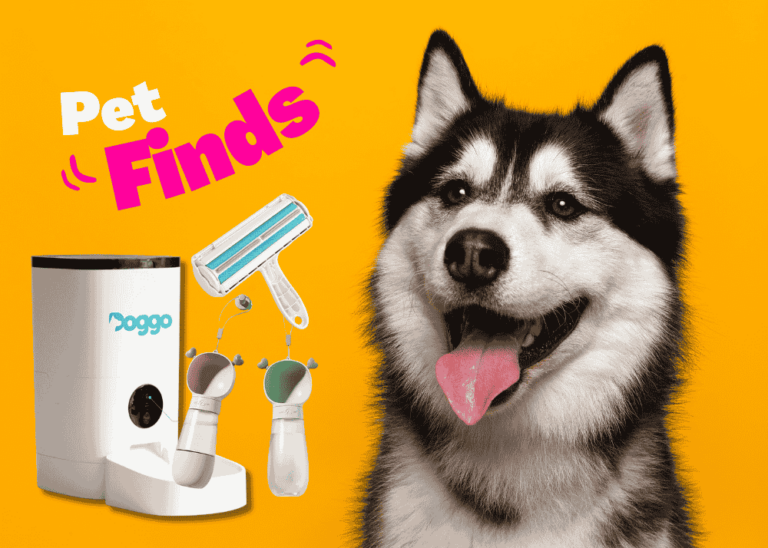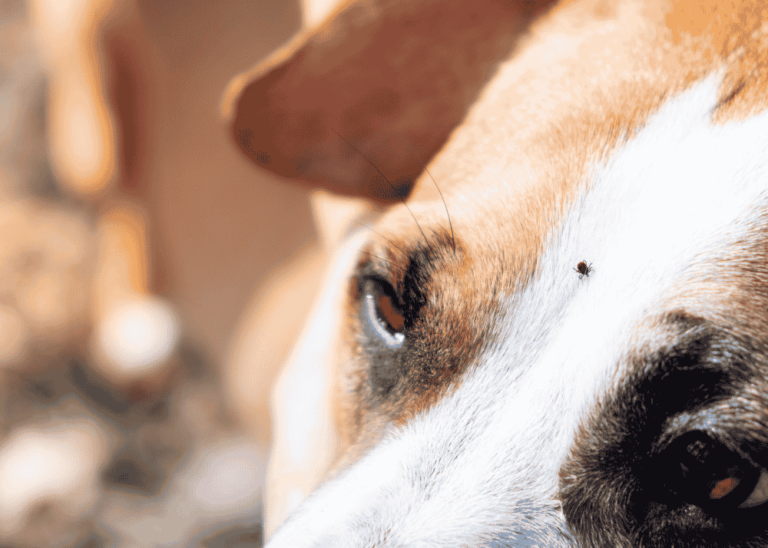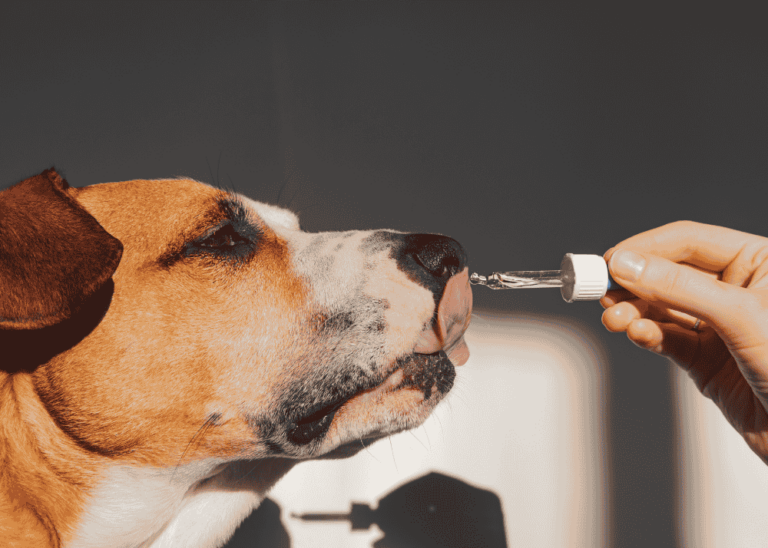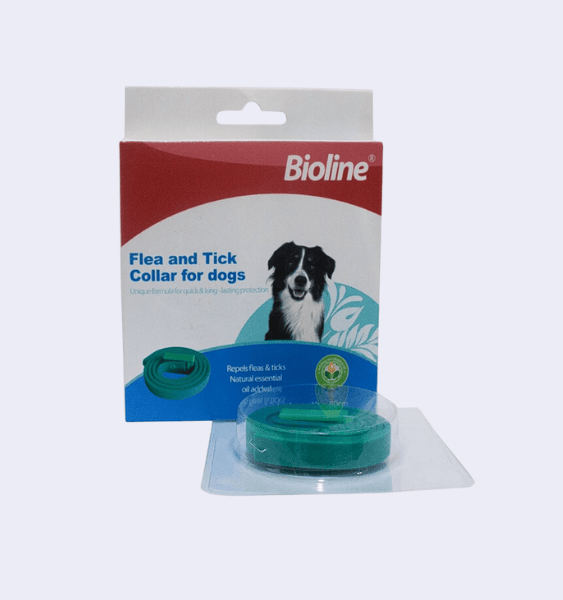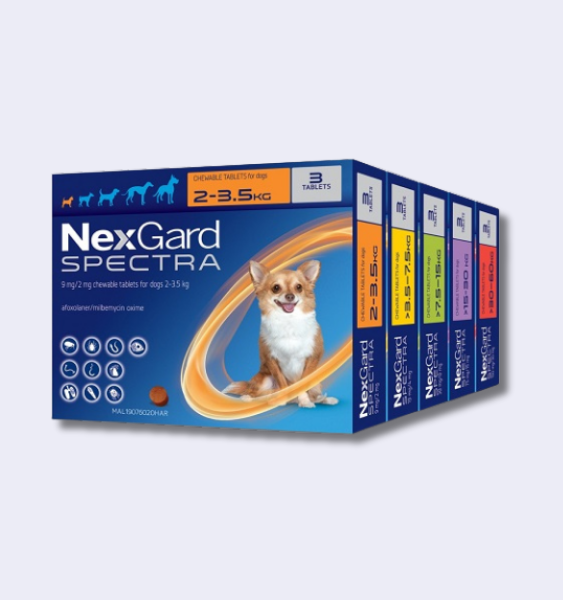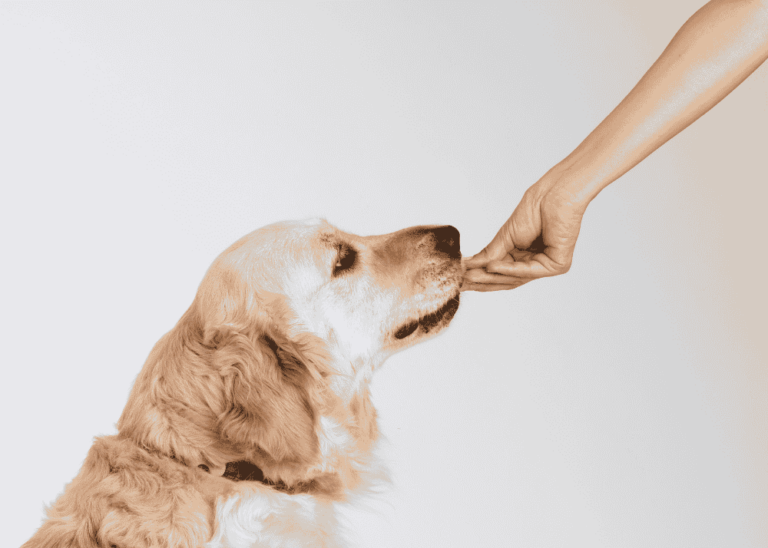
Disclaimer:
This blog is intended for informational purposes only. All information provided is based on research, and we strive to ensure accuracy to avoid any harm to pets. However, we recommend conducting your own research and consulting a veterinarian before making any dietary changes for your dog.
Introduction:
Cheese is a favorite snack for many people, but is it safe to share this tasty treat with your furry friend? The good news is that most dogs can eat cheese in moderation. However, there are important considerations to keep in mind before feeding cheese to your dog. In this blog, we’ll discuss the benefits, potential risks, and tips for safely feeding cheese to dogs.
Benefits of Cheese for Dogs
Rich in Protein
Cheese is a great source of protein, which helps support muscle growth and repair.Packed with Calcium
Calcium in cheese contributes to strong bones and teeth.Vitamins and Nutrients
Cheese contains essential vitamins like Vitamin A and B-complex vitamins, along with healthy fats.Training and Medication Aid
Many dog owners use cheese as a high-value treat during training or to hide medications, making it easier to administer pills.
Are There Any Risks?
While cheese can be a tasty treat, it’s important to be aware of potential risks:
Lactose Intolerance
Some dogs are lactose intolerant, which means they have difficulty digesting dairy products. This can lead to diarrhea, bloating, and gas.High Fat Content
Cheese is high in fat, and excessive consumption can contribute to obesity and pancreatitis.Salt and Additives
Processed cheeses may contain high levels of salt and artificial additives, which can be harmful to dogs.Allergies
Some dogs may be allergic to dairy products, so it’s important to monitor for signs of itching, swelling, or gastrointestinal upset.
How to Safely Feed Cheese to Your Dog
Start Small
Introduce cheese in small amounts and observe your dog’s reaction.Choose Low-Fat Options
Opt for low-fat cheeses like mozzarella or cottage cheese to reduce calorie intake.Avoid Additives
Stick to plain cheese without added flavors, spices, or onions, as these can be toxic to dogs.Use as an Occasional Treat
Cheese should only be a treat and not a regular part of your dog’s diet.Monitor for Allergies or Intolerance
If you notice any signs of digestive distress, stop feeding cheese immediately and consult your veterinarian.
Can Dogs Eat All Types of Cheese?
Safe Options
Mozzarella
Cottage Cheese
Cheddar (in small amounts)
Avoid These
Blue Cheese: Contains mold that produces toxins harmful to dogs.
Processed Cheese: High in salt and additives.
Flavored Cheese: May contain garlic or onions, which are toxic.
Conclusion
Too much cheese can cause digestive issues like diarrhea or contribute to obesity. It’s best to use cheese as an occasional treat rather than a regular part of their diet.
Always consult your veterinarian before introducing new foods into your dog’s diet, and choose plain, low-fat varieties to keep your furry friend happy and healthy.

